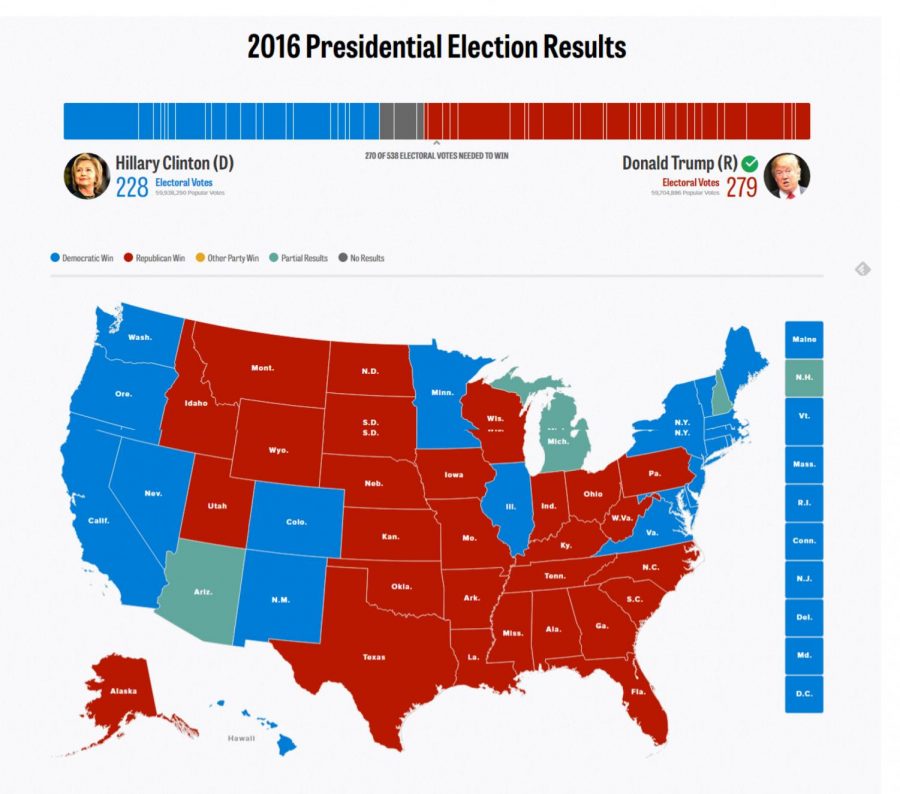We’ve all heard the phrase “C’s get degrees.” Maybe you use it jokingly, maybe you use it to validate your tendency to underachieve, but whichever meaning you assign to the trope, the general understanding is the same – why work harder for the same reward? Why work for an A when a C will get you hired as easily as an A would?
For me, this mindset began in middle school. By 13, the shine of school had worn off and the excitement I previously felt for education had dissipated. Not having the option to drop out, and not understanding fully why I had to go in the first place, my attitude toward the educational institution shifted. I’ve always loved learning new things, but I had no investment in pre-algebra. I did as much work as was necessary to pass the class and remain only slightly above average with my grades.
And so began my life as a C student. Of course it would have been nice to have a 4.0 GPA while applying for scholarships and college applications, but I was confident in my ability to write around my GPA in the essay portion of the applications. Truthfully, I’m a haughty, sometimes over-confident person, but I don’t try as hard as I should when it comes to academics.
Thanks to several click-bait sites, such as Elite Daily and Life Hack, claiming that C students tend to be more successful, I can now excuse my poor work ethic by pasting a link, accompanied by a semi-witty and self-deprecating quip, to my Facebook page.
Of course there isn’t quantifiable proof that C students are more successful, but there are more than a few examples to back up the claim.
One noteworthy C student, George W. Bush, seemed to have no trouble gaining success after college, though his transcript was a topic of conversation during his campaigns. Other real-life examples of people who didn’t excel in, or even finish, college, such as Steve Jobs, Mark Zuckerberg and Bill Gates, lend validity to the assertion that good grades don’t necessarily matter.
Robert Kiyosaki’s book “Why “A” Students Work for “C” Students and “B” Students work for the Government” gives a pretty solid analysis as to why C students have more potential to be successful.
In the book, Kiyosaki explains that the “A” students, though well-read and hard-working, often lack the creativity that C students have. The author’s claim isn’t necessarily true, as I’m sure we can all think of some wildly innovative A students and some C students with lackluster ideas. However, his analysis does bring up a few good points.
A students are A students because they follow the rules. They do their work in a timely manner and they obey the directions of the professors, and were likely the same way in middle school and high school. They have been trained since kindergarten to follow the rules and do as they’re told. C students on the other hand, as Kiyosaki points out, give themselves more freedom and therefore aren’t constrained by the rigid structure that academic success requires.
Kiyosaki continues to say that education aims to produce employees, and C students tend to be the innovators hiring those employees. Again, this isn’t always the case, but there’s significant evidence to legitimize Kiyosaki’s claims. While convincing as theories, what happens when the author’s claims are put to the test by actual C students?
If you want real-life examples of anything, the first place you should go is Reddit. While it may not be the best example of a research database, it serves a pretty solid purpose here. Users replying to a thread asking, “C grade students, where are you now in life?” replied with answers such as “I work as a janitor;” “I dropped out of college halfway through my first year;” “I work in a factory, it’s not a bad job, but I had potential to do way better for myself;” etc. It seems that when Kiyosaki’s theories are applied in real-life situations, it doesn’t take hold nearly as well. Having a job as a janitor or a factory worker doesn’t mean you don’t have success. People define success in different ways. There is the fact though that these jobs don’t require the level of innovative thinking that Kiyosaki claims C students are meant to have.
The truth is, it doesn’t matter how creative or innovative your ideas are if you won’t work hard to achieve them. Reddit shone a little light on the C students, but what about the straight A students?
Grades are important, but they can’t be the only priority. College and high school are about more than academics. It’s where you learn how to interact with people who you may not agree with, it’s where you learn how to be responsible for yourself when you gain freedom from your parents’ rules and it’s where you figure out what you believe in and why. If you focus all of your energy on grades, you miss out on some of the extra-curricular experiences that might end up shaping the kind of person you grow into.
Maybe the statement “C students end up being more successful” is unfounded, and maybe it’s an excuse to be lazy in our academic lives. There’s no “right way” to go through college. However, taking a minute to evaluate what you want out of the experience, and comparing that to what you’ve been getting out of the experience, might be eye-opening no matter what end of the grading scale you’re at.




